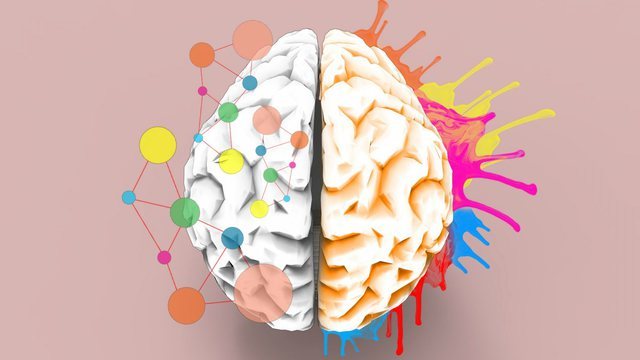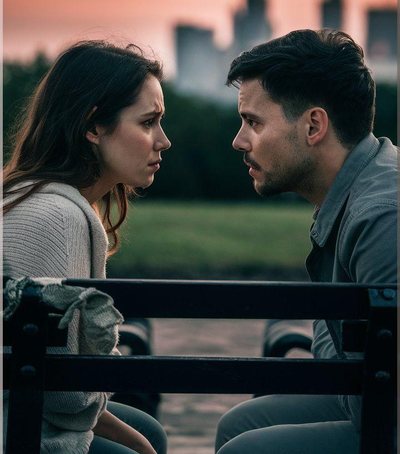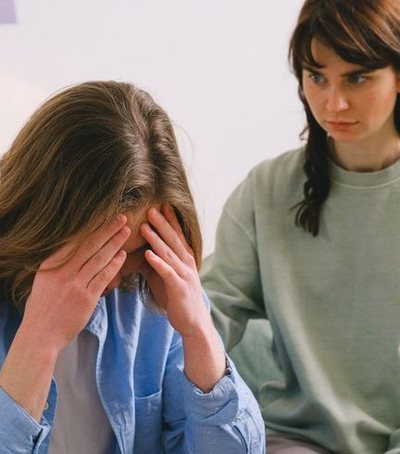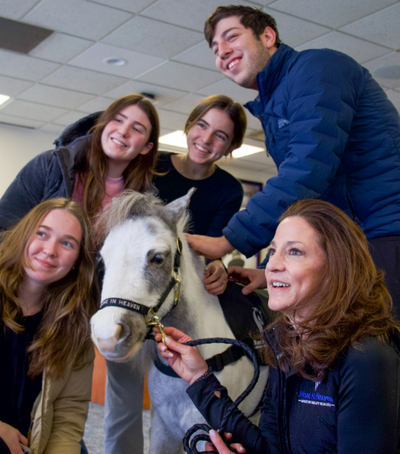
Creativity is a unique human quality that is difficult to define and, perhaps, even more difficult to measure objectively.
Of course, this does not mean that scientists have not tried, and a study published in June in the journal PNAS proposes a new and surprisingly simple test to evaluate this ability.
It only takes a few minutes and involves thinking of 10 names that are not related to each other and as far as possible in meaning. Your score reveals how creative you are, said Jay Olson, a fellow at Harvard University.
Are you curious? You can take the test here .
The test specifically measures a component of creativity called divergent thinking, which is the ability to generate different solutions to open problems. It does not measure another component - what psychologists call convergent thinking, or problem solving considering different constraints.
"Still, we will need future research to assess how our task relates to other verbal skills or intelligence more broadly."
While the test is simple, punctuation is more complex and involves calculating the average "semantic distance" (or connections) of the words listed, Olson said. To calculate this, the researchers used a database that highlights the semantic distances of thousands of words based on their use in billions of pages.
Is creativity born or can you work for it?
Ellen Langer, a professor in the Department of Psychology at Harvard University said that creativity is not the realm of some special, talented people. It's something that everyone is capable of, no matter what they do.
It connects creativity with consciousness - stimulating our neurons, actively noticing new things as we do our daily routine. Plus, it is necessary to embrace uncertainty and the idea that there is not always a correct answer.
For example, she said, we are taught in school that 1 + 1 = 2, but this answer does not apply for example to two chewing gums.
"People are very afraid to do something wrong or not know something, but the facts are not without context," Langer said.
"It's important to accept that everything always changes," she added. "We are blocked by previous meanings and this interrupts the ability to be creative. You have to harness the power of uncertainty."
Too often, Langer said, creativity is seen as a final product - a book, a piece of music or a work of art - that is critically evaluated and judged. But the best way to foster creativity is to pay attention to the process and not be afraid of not knowing the answer.





